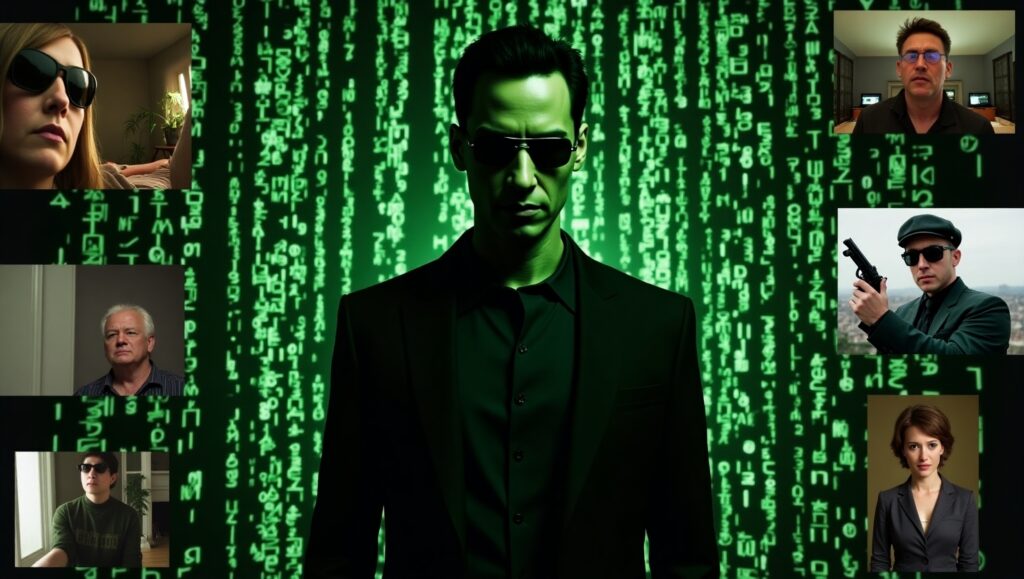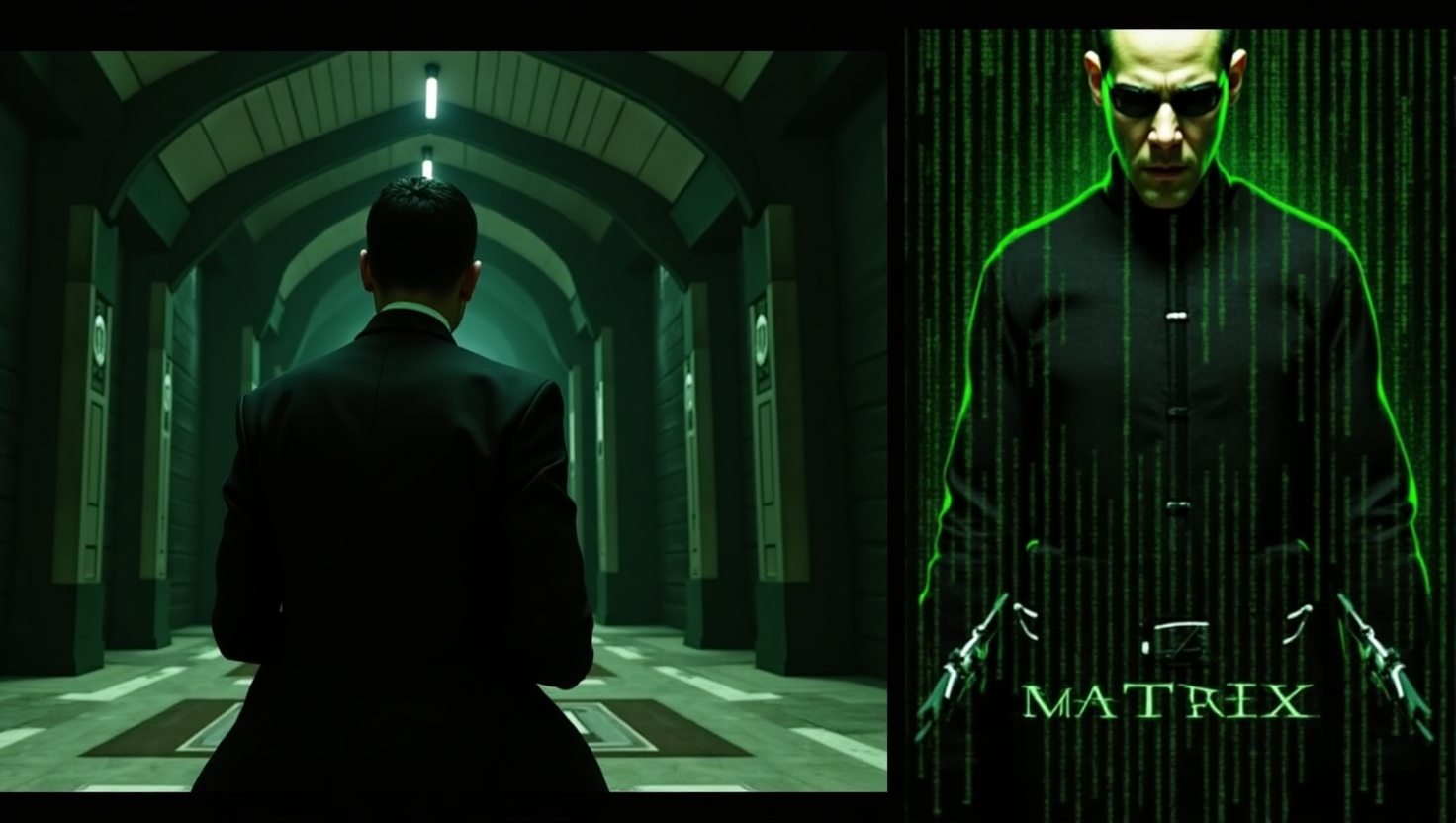Since its groundbreaking release in 1999, The Matrix has influenced countless aspects of film, technology discussions, and philosophy. But in 2025, does The Matrix remain relevant? This article explores why the sci-fi classic still matters today, analyzing its themes, technology predictions, and cultural legacy.
A Brief Overview of The Matrix Movie Plot and Themes
At its core, The Matrix follows Neo, a hacker who discovers his reality is a computer simulation created by advanced machines. This story combines action, philosophy, and revolutionary special effects to explore ideas about simulated reality, free will, and human consciousness.
The film’s early reception was positive, cementing its status as a sci-fi masterpiece and inspiring a devoted fan base that persists to this day.
How The Matrix’s Technology Predictions Match Modern AI and Virtual Reality in 2025
The Matrix envisioned a future where machines control humans through a simulated digital world. Today, with advances in artificial intelligence, virtual reality headsets, and brain-computer interfaces, the film’s predictions seem closer than ever.
Experts in AI research and simulation theory regularly reference The Matrix when discussing the possibility of a digital or simulated universe. This makes the movie a valuable cultural touchstone when exploring how artificial intelligence affects human perception of reality in the real world.
Exploring the Philosophical Questions The Matrix Raises and Their 2025 Relevance
The film asks profound questions about the nature of reality, the concept of identity, and the meaning of freedom. These remain highly relevant as society contemplates ethical issues around AI, virtual environments, and digital identity.
Academic discussions often cite The Matrix when debating consciousness in artificial intelligence and the ethical implications of simulated realities, which continue to grow in importance in 2025.

Why The Matrix’s Themes of Control and Resistance Resonate in Today’s Digital Age
In 2025, issues such as mass surveillance, data privacy concerns, and digital misinformation mirror the film’s narrative of individuals breaking free from oppressive control.
The allegory of waking up from a controlled, artificial existence speaks to modern challenges with digital freedom and autonomy. This makes The Matrix especially poignant in conversations about how technology shapes social and political power today.
How The Matrix Influences Popular Culture and Media in 2025
The influence of The Matrix continues in 2025 through sequels like The Matrix Resurrections and its persistent presence in memes, video games, and pop culture references. Its iconic visual effects and storytelling continue to inspire new generations of creators.
By keeping the franchise alive, the themes of simulated reality and questioning authority remain relevant and widely discussed.
Limitations of The Matrix When Viewed from a Modern Perspective
While The Matrix remains influential, some aspects feel dated in 2025. Certain visual effects no longer match modern standards, and the pacing may seem slow to new viewers accustomed to current filmmaking styles.
Despite these minor drawbacks, the film’s core themes and ideas remain compelling and applicable.
Conclusion: Is The Matrix Still Relevant in 2025?
In summary, The Matrix continues to be a highly relevant film in 2025. Its visionary look at AI, simulated realities, and philosophical questions around consciousness and freedom aligns strongly with current technological and social trends.
For those interested in exploring how classic sci-fi reflects modern technology and ethical dilemmas in artificial intelligence, The Matrix remains essential viewing.
Why You Should Revisit The Matrix in 2025
If you haven’t watched The Matrix recently, 2025 offers the perfect opportunity to explore its deep themes in light of current advancements in AI and virtual reality. Engaging with The Matrix Resurrections and the ongoing cultural discussions can provide insight into our evolving relationship with technology.
